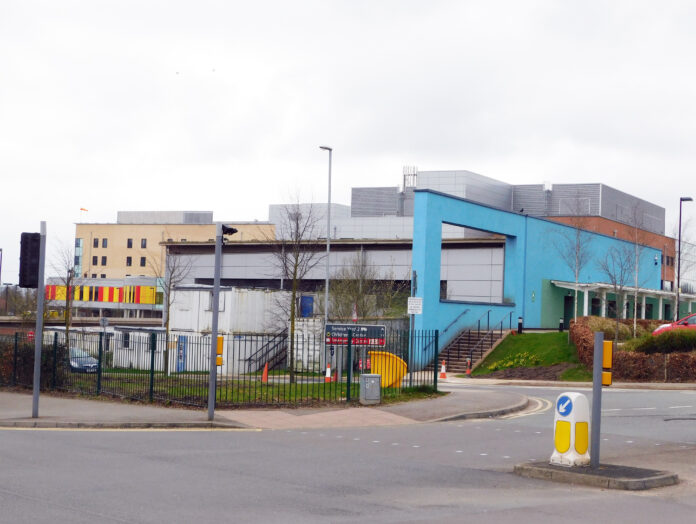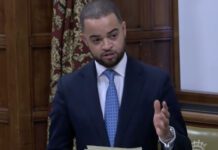The latest junior doctors’ strike finished on this week as hospitals in Stoke-on-Trent and Staffordshire faced the regular winter pressures.
More than 850 outpatient appointments were cancelled, as well as 38 planned procedures, bosses at University Hospitals of North Midlands NHS Trust were told, (writes local democracy reporter Kerry Ashdown).
The six-day walkout was the longest so far by members of the British Medical Association, and the longest single strike action in NHS history. It began at 7am on Wednesday 3rd and ended at 7am on Tuesday.
Junior doctors also took industrial action just days before Christmas, from December 20th to 23rd. A report to the trust’s January board meeting said that 152 outpatient appointments and 32 inpatient procedures had to be cancelled as a result.
A letter was sent to all chief medical and chief nursing officers from NHS England, the Care Quality Commission, the Nursing and Midwifery Council and the General Medical Council, thanking staff for work done to prepare for winter pressures and recognising “increasing challenges including further industrial action”.
The report said: “It was also recognised that with teams working under pressure, there may be departures from established procedures, and they reminded colleagues that professional codes and principles of practice were there to support judgement and decision making in all circumstances.
“The purpose of the letter was to provide assurance to regulated professionals that on the rare occasion that they may be referred to their regulatory body, that the context within which they were working at the time would be taken into consideration. This is an important issue as many staff become concerned about their registered status when under such pressure.”
Trust chief executive Tracy Bullock said at the meeting: “We know when we are under extreme pressure such as this staff are sometimes not able to provide the care they want to provide and sometimes have to depart from normal procedures. On top of that, we start the longest ever industrial action today.
“In January the number of outpatient appointments that have had to be cancelled is 867 and 38 electives. So far none of these have been around cancer or long waiters.”
Leigh Griffin, one of the trust’s non-executive directors. said: “We know that every single cancellation is a human story – I’m surprised how few (procedures) have been cancelled. I would like to put on record the amount of support given by our staff and the tremendous amount of planning we have done over the Christmas period to mitigate the impact on patient care.”
The trust, which runs Royal Stoke and Stafford’s County Hospital, has been given £9m towards the covering the costs of previous industrial action in recent months, board members were also told. A pay dispute between the BMA and the Government continues and the BMA has said that junior doctors’ pay has fallen by more than a quarter in real terms since 2008.
A statement on UHNM’s website said: “Due to the extremely high demand for all our services, the pressures we are currently experiencing are likely to continue during the week and the junior doctor strike, we are taking additional steps to maintain safe services for our patients. Unfortunately, this does mean postponing some non-urgent operations to accommodate those patients with the most urgent clinical need.
“Cancer and our other most urgent operations and appointments will continue to be prioritised and those patients whose appointments are being postponed will be contacted directly by our teams. Any patient’s operation which has had to be postponed will be rescheduled as soon as possible.
“If you are not contacted directly, please continue to turn up for your appointment. Please also contact the number on your appointment letter if you are no longer able to make your appointment so it can be reallocated to another patient.
“We appreciate that it is disappointing for those patients whose appointments need to be postponed and we are committed to keeping any cancellations to an absolute minimum.
Patient safety remains priority and we need to take action to make sure that those patients who are clinically urgent get the help they need as quickly as possible.
“Our teams continue to work exceptionally hard. And we would like to reassure our patients and the public that in spite of the challenges faced and some changes to non-urgent appointments, essential services remain fully open for anyone who needs them so if you require urgent medical help, please continue to come forward.
“The public can help us manage these periods of demand by ensuring they are seeking help from the most appropriate health services and only attending A&E for serious accidents and emergencies. If you are unwell, visit NHS 111 online for 24/7 advice about the most appropriate care for your need.”





